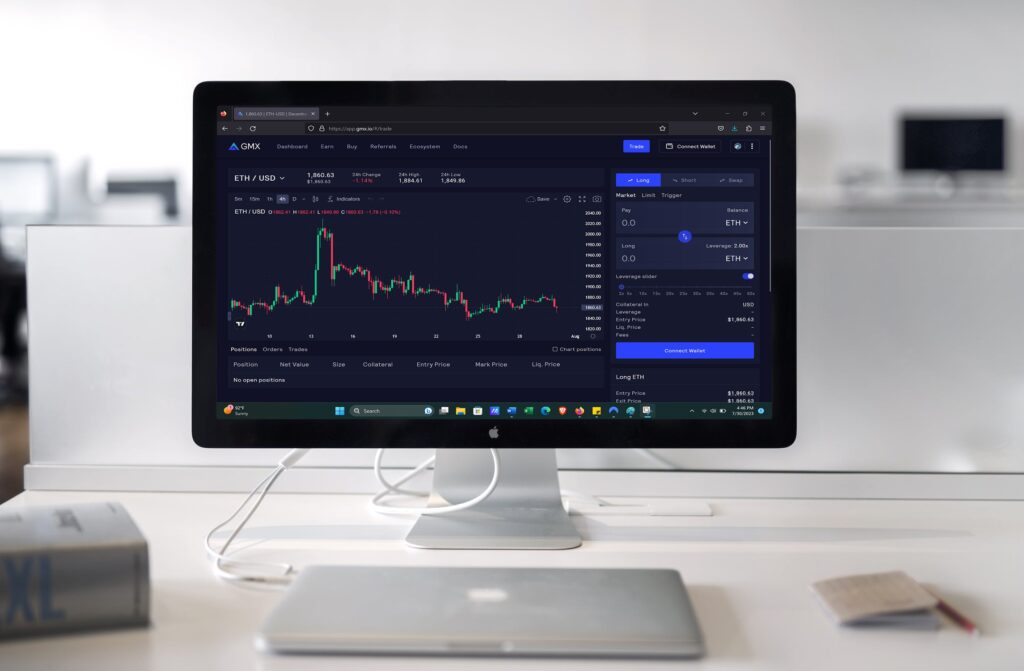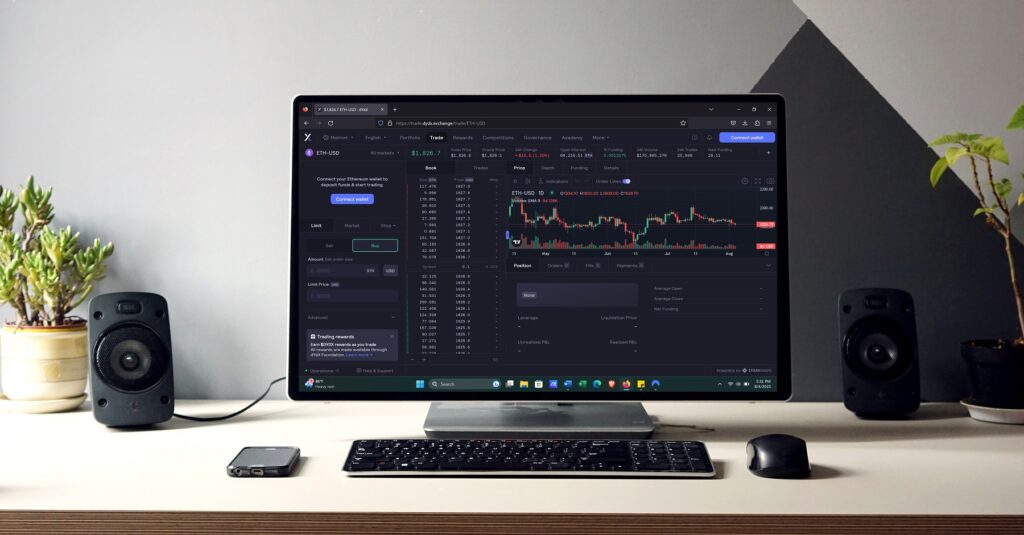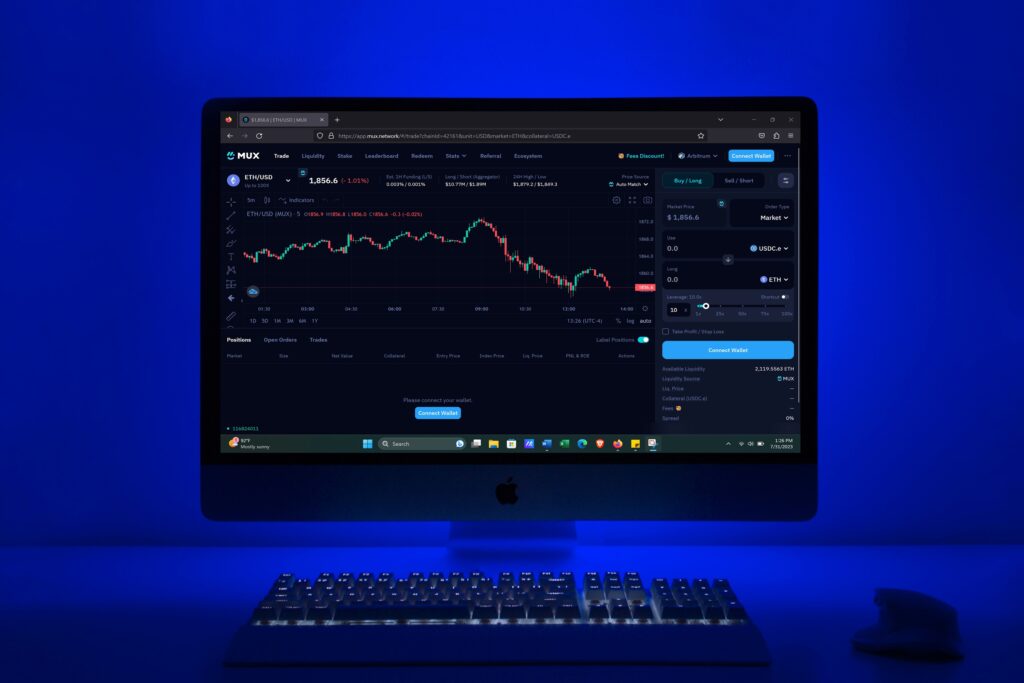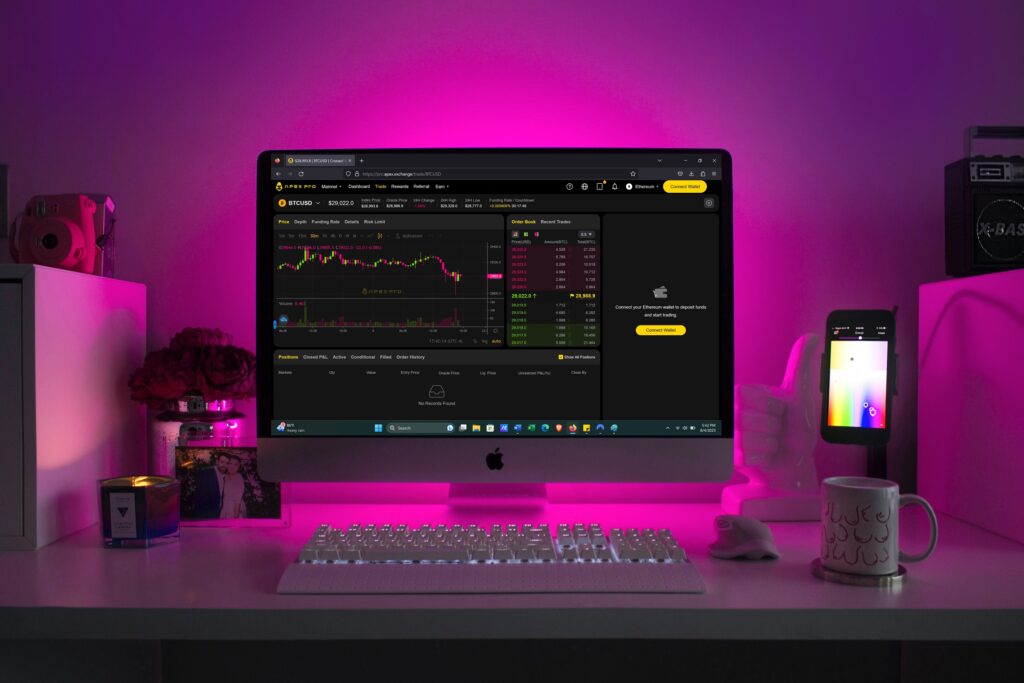Decentralized finance on the blockchain offers complete freedom to transact and trade as you desire.
Since the first Bitcoin block was mined, the ethos of cryptocurrency has been permissionless, trustless finance accessible to all: no gatekeepers, no discrimination, just a rules-based system of exchange.
With all the options available today, Satoshi himself would be proud. His acolyte Vitalik has opened the floodgates to advanced permissionless financial systems extending far beyond means of exchange.
But this leads us to the question: how can decentralized finance best be accessed and navigated? Where does one start, and how do we mitigate risk in such a new field?
This dynamic ranking articulates the top 10 decentralized protocols for trading and staking assets with advanced tools like leverage, perpetual contracts, options contracts, and liquidity provision.
TLDR; CoinClaro presents what you do not know but need to know before swapping, leveraging, optioning, and staking on-chain. Choosing the most secure decentralized exchanges with the most liquidity will better protect your funds from counterparty risk while accessing preferred fees, slippage, and overall cost-to-transact.
Top 10 Defi Exchanges for leverage, options, staking, liquidity, and perpetual trading
The following dynamic ranking is updated weekly and monitored for exploitation. Protocol volume and security is the primary ranking factor, while accents like exotic trading pairs and LP incentives matter less.
Disclaimer: Where applicable, CoinClaro has sourced fee-rebate coupon/referral codes to save you money while trading and to support CoinClaro. These are after-the-fact additions to the content and do not influence the dynamic ranking.
Frequently Used Definitions, Terms, and Concepts
- Geo-restrictions: These are limitations placed on content access based on the user’s geographical location. They are commonly used by online platforms such as video streaming services, where licensing agreements may only cover specific geographic areas.
- Blockchain: This type of distributed ledger technology where transactions are recorded in blocks linked together in a chain. Each block contains a record of several transactions, and a new one is generated each time a block gets completed. Blocks are connected in a linear, chronological order, with every block containing a hash of the previous block.
- Financial Instruments: These are monetary contracts between parties. They can be created, traded, modified, and settled. They can be cash (currency), evidence of ownership in an entity (share), or a contractual right to receive or deliver cash or another financial instrument (bonds, futures).
- Liquidity Schemes: These are strategies or mechanisms designed to ensure that assets can be easily bought or sold without causing a significant movement in the price and with minimum loss of value. In the context of DeFi, liquidity schemes often involve rewards for those who provide liquidity to a protocol.
- Custody: This refers to the holding and safety of financial assets for a client by a third party, typically a bank or financial institution that holds securities and other investments in electronic or physical form. In the crypto world, it also refers to services that store, secure, and protect an individual’s or institution’s cryptocurrency assets.
- Perpetual Futures (Perp): A type of futures contract where the buyer and seller agree to transact one asset for another later and a set price. However, unlike traditional futures, these contracts do not have an expiry date.
- Decentralized Exchange (DEX): This cryptocurrency exchange operates decentralized, i.e., without a central authority.
- Perp Dex: A decentralized exchange with perpetual future contracts/swaps.
- Isolated Margin: A margin method that keeps the margin balance of a position isolated from the rest of the user’s wallet balance.
- Cross Margin: A margin method that utilizes the account’s entire balance to avoid liquidations.
- Collateral: Assets pledged to secure a loan, often used in DeFi to secure a borrowing or a position.
- Liquidation: The process of closing positions when traders cannot fulfill margin requirements for a leveraged trade.
- Leverage Ratio: The ratio indicating the level of debt incurred by a business entity against several other accounts in its balance sheet, income statement, or cash flow statement.
- Initial Margin: The minimum amount a client needs to deposit to open a position.
- Maintenance Margin: The minimum amount of equity must be maintained in a margin account.
- Over-collateralization: The practice of placing more collateral than is needed to secure a debt or a leveraged position.
- Flash Loans: Unsecured loans that allow borrowing without collateral for the duration of a single transaction.
- Yield Farming: The staking or lending of crypto assets to generate high returns or rewards in additional cryptocurrency, often leveraging these positions.
- Automated Market Maker (AMM): A decentralized exchange protocol that relies on a mathematical formula to price assets. It can be used to increase leverage.
- Liquidity Pool: A smart contract that holds funds. In return for providing liquidity to the pool, providers can earn fees. These pools can be leveraged in some protocols.
- Swap: A swap is a derivative contract through which two parties exchange financial instruments, often used in DeFi for interest rate or asset swaps.
- Debt Ratio: This measures the leverage used, comparing the total debt, or liabilities, to the full value (total debt + equity).
- Risk Management: Identifying, assessing, and controlling threats to an organization’s capital and earnings. A crucial aspect when dealing with leveraged positions in DeFi.
- Rebasing: A method used by certain types of cryptocurrencies where the circulating supply is increased or decreased automatically.
- Oracle: Oracles are data sources that provide information from the outside world to the blockchain. They are critical in DeFi, providing price information for managing leveraged positions and loans.
- Synthetic Assets: Financial instruments in the form of digital assets that represent other real-world assets on the blockchain. Synthetics can create leveraged positions.
- Margin Call: A margin call occurs when the value of a trader’s margin account falls below the account’s maintenance margin requirement.
- Smart Contracts: A self-executing contract with the terms of the agreement directly written into code. They automatically execute transactions if certain conditions are met. They are the building blocks of DeFi.










